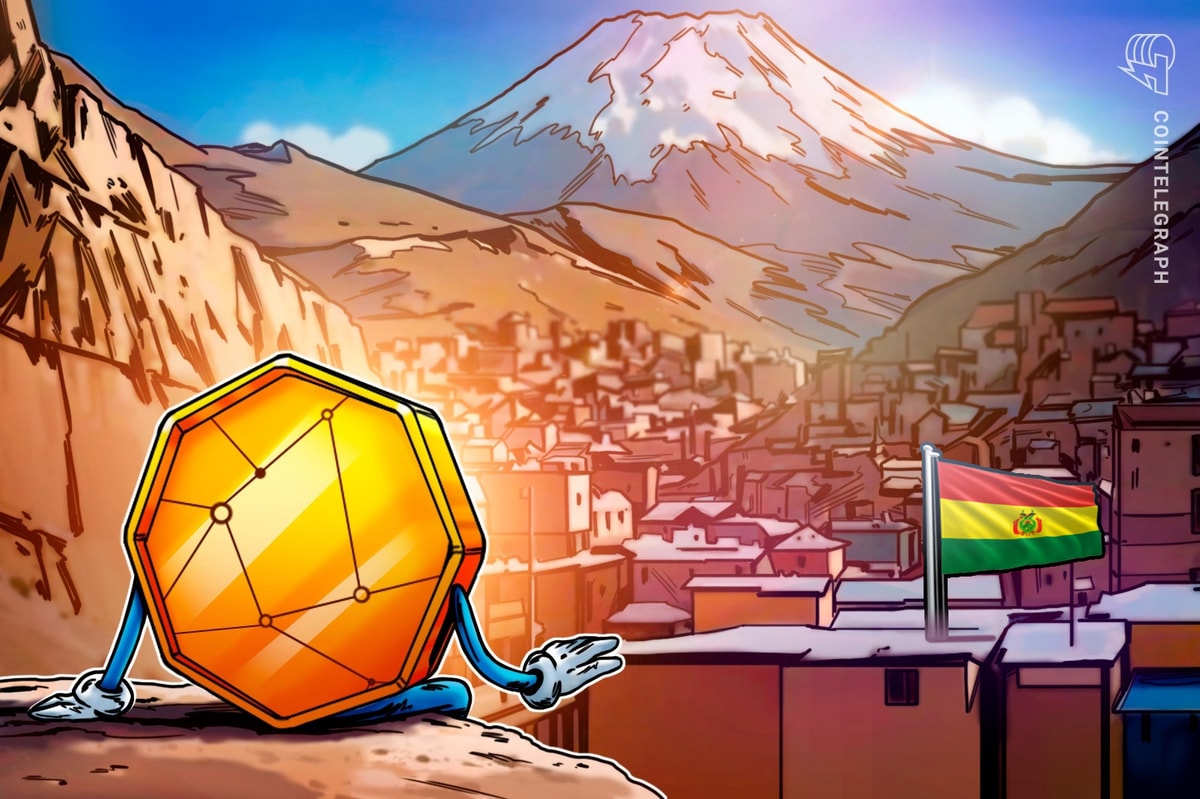The government of Bolivia will integrate cryptocurrencies and stablecoins into the financial system in a push to modernize the country’s economy, Bolivia’s economic minister, Jose Gabriel Espinoza, announced on Tuesday.
Banks will be allowed to custody crypto on behalf of clients, enabling digital currencies to function as a legal tender for savings accounts, credit products, and loans, according to Reuters.
“You can’t control crypto globally, so you have to recognize it and use it to your advantage,” Espinoza said.
Bolivia, like other countries in Latin America, suffers from high fiat currency inflation, prompting some residents to turn to stablecoins as a store of value and a medium of exchange.
The rush by nation-states to integrate cryptocurrencies into the financial system reflects the high-stakes game theory cited by analysts, who say that a fear of missing out (FOMO) is the primary force driving nation-state adoption of crypto.
Related: Bolivia’s new president backs blockchain to tackle government corruption
Inflation is pushing Bolivians to adopt crypto as an escape hatch
The average inflation rate of the country’s fiat currency, the boliviano, averaged above 22% in the 12 months to October, according to Bolivia’s National Institute of Statistics.
Businesses in the country have started to denominate prices in Tether’s USDt (USDT), a dollar-pegged stablecoin, as an alternative to pricing in the local currency.
YPFB, Bolivia’s state-owned energy company, announced in March that it is building a framework to pay for energy imports in crypto, although no concrete provisions have been laid out, including which cryptocurrencies will be used for cross-border energy transactions.
In September, vehicle manufacturers, including Toyota, Yamaha, and BYD Company, started accepting USDT as payment for their products in Bolivia as a solution for US dollar shortages.
US dollars are crucial for international business and as a reserve asset for central banks that manage monetary exchange-rate regimes linked to the dollar.
Stablecoins help fill this demand while overcoming local currency controls by enabling anyone with a cellphone and a crypto wallet to purchase and hold dollar-pegged tokens, bypassing centralized infrastructure, such as traditional banks that enforce strict controls.
High inflation and strict currency controls have only bolstered stablecoins as an alternative store of value in Latin America and other emerging economies beset by high inflation.
Magazine: El Salvador’s national Bitcoin chief has been orange-pilling Argentina
